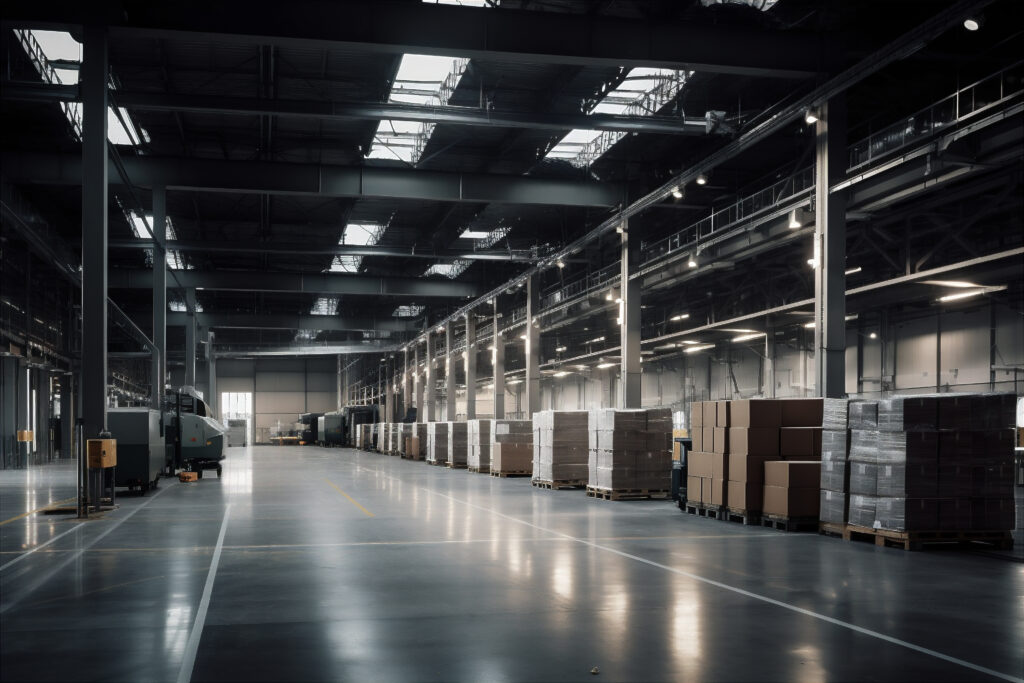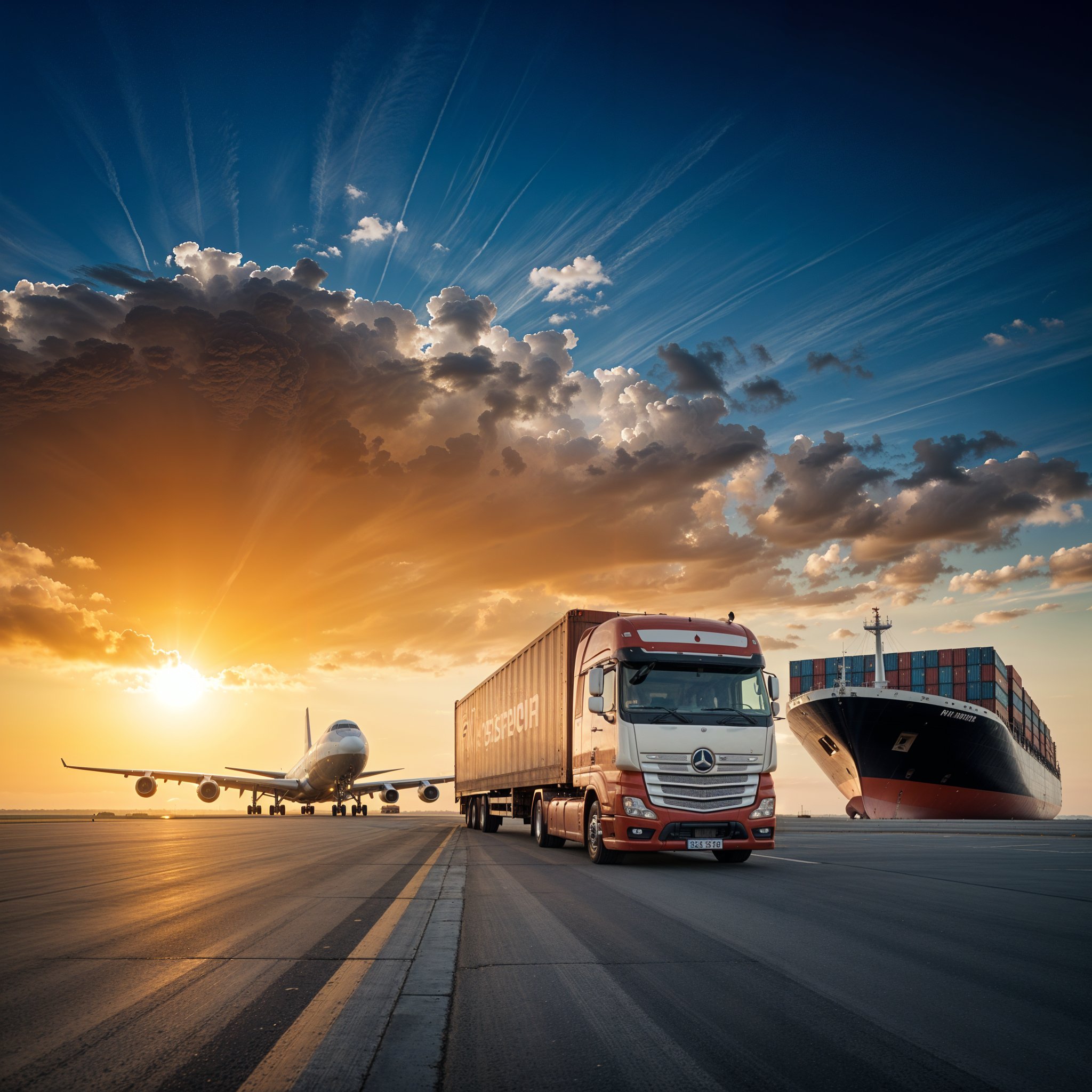Mexico, with its privileged geographical location and growing economy, has established itself as a key player in the global logistics landscape. Its vast network of roads, strategic ports on both the Pacific and Atlantic coasts, and increasing investment in rail and air infrastructure make it a nodal point for international trade and the movement of goods within its own territory.
However, the Mexican logistics sector faces significant challenges. Road safety, the need to modernize existing infrastructure, and the optimization of customs processes are crucial areas that require continuous attention. Despite this, the industry has demonstrated a remarkable capacity for adaptation and growth.
The adoption of technologies such as artificial intelligence, the Internet of Things (IoT), and Big Data is transforming the way supply chains are managed in Mexico. These tools allow for greater visibility, efficiency in route planning, inventory optimization, and more informed decision-making.
E-commerce has further driven the demand for efficient and agile logistics services, especially in the last mile. Mexican companies are investing in innovative solutions to ensure fast and satisfactory deliveries to end consumers.
In summary, logistics in Mexico is a dynamic and constantly evolving sector. While challenges persist, the growth potential is enormous. With strategic investment in infrastructure, the implementation of advanced technologies, and a focus on security and efficiency, Mexico is well-positioned to strengthen its role as a world-class logistics hub, boosting its economy and facilitating global trade.



